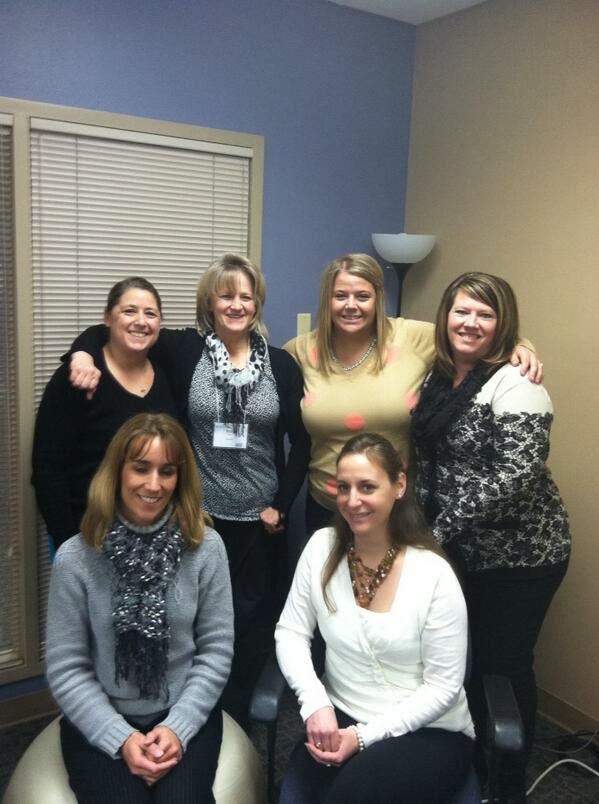As we conclude the initial research in our three year research study (Common Assignment Study) we press onward with ideas for impact and expansion. At The Fund, we are asking ourselves a few questions about our related work. We start with WHY? The why driving our purpose and vision rests in our unwavering belief that Every Child Deserves a quality education.
Where have we been?
What have we learned?
- 100 + KY & CO teachers & nearly 10,000 students reached
- 14 Units of Study implemented, revised and undergoing more enhancements
- Dozens of hours spent analyzing student work and revising units to meet needs of students
- Collaboration is messy but worth it
- Evaluation of products leads to enhanced quality
- Teacher leadership for improved instruction works
- Teachers need support from school and district administrators
- There’s power in disciplinary content
- A Common Assignment approach connects well to Kentucky’s Professional Growth and Effectiveness System
Where are we going?
How will we get there?
- Better learning experiences for Kentucky’s students
- Teacher led professional development
- Intentional focus on students’ input for learning activities
- Data (anecdotal and numerical) to make adjustments based on students’ needs
- Next Generation Instructional Design Teacher Network
- 49 more teachers working in groups led by original Common Assignment Teachers design new common units of study grades K-12
- New units include
- Literacy Design Collaborative modules
- Performance Based Assessments
- Project Based Learning (some)
- Continued analysis of student work
- Renewed support from school and district leaders





.jpg)


